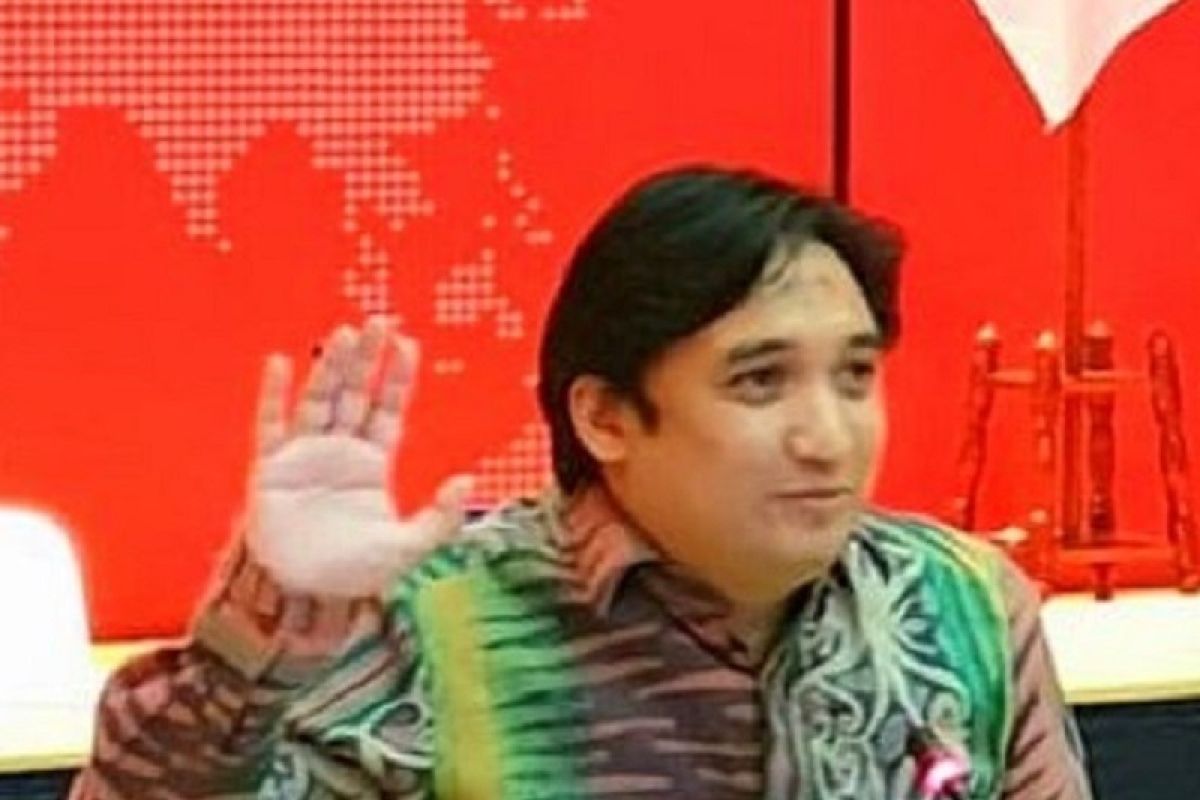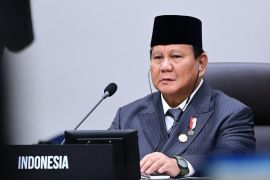Not only are we celebrating achievements after a quarter-century of implementing Bogor Goals for realizing free and open trade, but we are also at a crossroads of choice between conceding to major power rivalries or collaborating to overcome the COVID-19 pandemic.
When Indonesia and other APEC Leaders proclaimed the Bogor Goals on November 16, 1994, it was with the hope of bringing together the aspirations of the people in both developing and developed economies.
It was launched to overcome the challenges at that time: Globalization. In those Goals, the target was set for 2020.
Since the inception of the Bogor Goals, APEC Economies have enjoyed significant progress in boosting trade and investment while reducing poverty.
APEC’s total merchandise trade almost quintupled between 1994 and 2019, from US$4.1 trillion to US$19 trillion, with a 6.7-percent average growth annually.
There has also been a trend among APEC Economies to create a more favorable environment for investment and job creation.
There was a declining poverty trend in APEC, as was apparent from a decline in the number of poor people, from 1.4 billion in 1994 to 240.4 million in 2018.
Through the commitment to the Bogor Goals, APEC members recognize that the successful growth and development of their economy rely on the openness and stability of global and regional markets.
However, for the past couple of years, some economies have used APEC not as an engine of collective growth but for projections of power and limited interest, thereby diverting the course of cooperation in APEC.
Instead of moving in unison to higher levels of regional economic cooperation and growth, diverging views have hindered deeper collaboration and sent across an unclear message to the world.
The rising tension and strife between major economies have run contrary to the spirit of APEC.
APEC needs to return to its raison-d’etre: as the premier Asia-Pacific forum of cooperation. It is imperative that it not only survives global challenges, but it also needs to lead the path of global recovery.
Through the first ever virtual APEC Economic Leaders Meeting, chaired by Malaysia, building on the spirit of Bogor, APEC Leaders initiated a new vision into 2040. The Putrajaya Vision serves as the new compass for the next two decades.
It signifies a momentum to solidify strategic trust in achieving an open, dynamic, resilient, and peaceful Asia-Pacific Community by 2040, for the prosperity of the people.
As the premier forum in the Asia-Pacific, APEC must once again leap forward in development. The leap needed this time is not just a leap to overcome the pandemic nor just a jump-start, but the leap that can expedite economic growth after the waves of recession.
APEC must leap forward to establish a new normal of regional growth in future, under the growing opportunity presented by a stronger multilateral trading system, better connectivity, the digital economy, and sustainable development.
A world of quality growth where empowered Micro, Small, and Medium Enterprises; women entrepreneurs; and hinterland economic actors would reap benefits from interconnectedness in the APEC region.
At the APEC CEO Dialogue and the leaders meeting, President Joko Widodo highlighted that Indonesia continued to aspire for such quality growth within the APEC and will keep pushing for win-win solutions, concrete deliveries, and mutually beneficial partnerships through this premier forum.
For its part, Indonesia shall contribute to a conducive economic environment through the launch of the Omnibus law, as part of a necessary structural reform to create competitive industries.
This leap is crucial to empower Indonesia’s youth and millennials today to be the leaders in 2040.
As time will bring us to the eventual realization of the Putrajaya Vision, Indonesia plans to stand with its fellow economies and its people to laud the shared prosperity that the vision has brought to the region.
With the benefit of hindsight, we hope to look back to the necessary strategic trust built across the Asia-Pacific region today for our desired future, starting with the vision from Bogor in 1994 and concluding with Putrajaya in 2040.
*The writer is an official from the Ministry of Foreign Affairs and has been involved in the APEC Process.
Disclaimer: The view expressed in this article are his personal views and do not necessarily reflect the official position of any agency of Indonesian government.
Editor: Suharto
Copyright © ANTARA 2020











